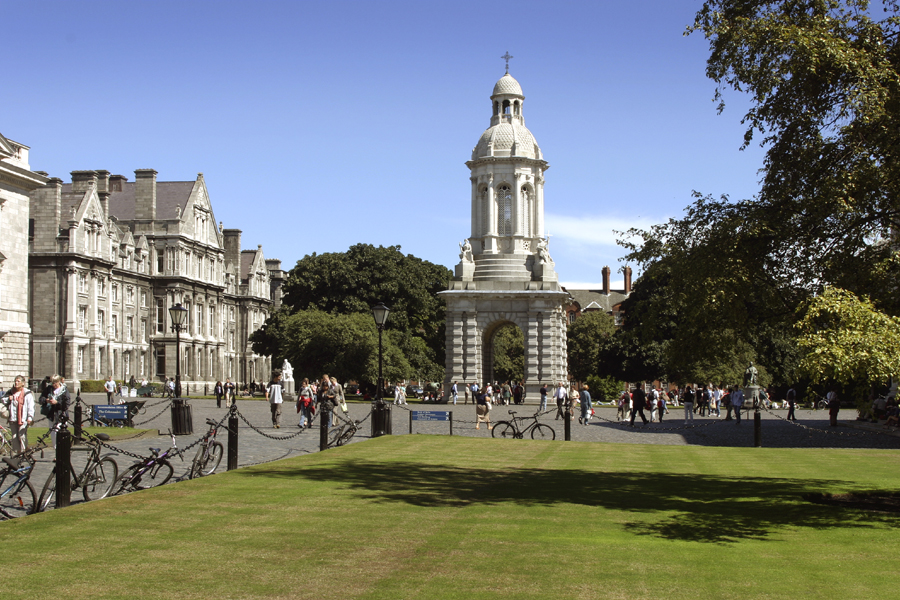Aisling Curtis | Contributing Writer
Yesterday, Trinity College revealed plans for a new €70 million School of Business, which will be co-located with an Innovation and Entrepreneurship Hub. The development will be situated in the technology sector of campus along Pearse Street, Dublin.
Work is expected to begin in Summer 2014, with completion anticipated in 2017. The project aims to support the increasingly entrepreneurial culture among Trinity’s students and faculties, drive job creation across campus and in the city centre, and establish Dublin as a global hub for innovation and start-up enterprises.
“Trinity is a university that educates and motivates students to create jobs, as well as to get them.”
Dr. Patrick Prendergast, the Provost of Trinity, made the announcement at the Trinity Global Graduate Forum, which hosted over 100 of the university’s most successful alumni in Dublin this weekend. The forum is the first time a university has invited its global graduates back to discuss various issues, with representatives from sixteen countries and nineteen professions in attendance.
The two-day event discussed plans to tackle many of the steepest challenges facing modern higher education, including growth, funding, reputation, education and technology.
Dr. Prendergast stated that the new School of Business was evidence that Trinity is committed to investing in innovation and entrepreneurship, as well as facilitating Ireland’s social and economic development.
“Trinity is a university that educates and motivates students to create jobs, as well as to get them,” Dr. Prendergast said. He further cited the importance of cooperation between higher education institutions and the government in creating an environment that promotes “innovation, entrepreneurship, and new business creation”.
Following its proposed completion in 2017, it is expected that the Trinity School of Business will provide a full range of business-related programmes at undergraduate, postgraduate and executive education levels. The Innovation and Entrepreneurship Hub will provide a home for prototyping and company incubation projects, as well as academic and administrative offices.
The overall development will cover approximately 13,000 square metres, with six storeys above ground and three below. It will comprise a 600-seat auditorium, a restaurant capable of accommodating 200 people, public space for students, ‘smart’ classrooms outfitted with the latest digital technology, and a rooftop conference room.
New School “can be the physical home of Ireland’s new generation of job creators”.
The €70 million required to cover the project’s costs has been partially acquired from philanthropic sources, with plans to raise more in both private and public ventures. Other revenue sources include self-generated income from fee-paying business programmes, and income from the sale of off-campus office space and the leasing of retail units and student apartments.
These developments come as part of a new approach to entrepreneurship and innovation training throughout the university. According to Seán Melly, Chairman of the Business School Advisory Board and Managing Director of Powerscourt Capital Partners, the new School of Business “can be the physical home of Ireland’s new generation of job creators”. Melly claimed that, with this project, Trinity paves the way for future economic growth, helping to “renew our society and our economy”.
Speaking on behalf of the college, Dr. Prendergast also stated that Trinity “believes it can play a key role in creating a vibrant and successful society and economy”. Now in its fifth century as a leading higher education institution, Dr. Prendergast acknowledged Trinity’s increasing efforts to combine its “traditional strengths in education and research with innovation and entrepreneurship in a world of relentless change”.







